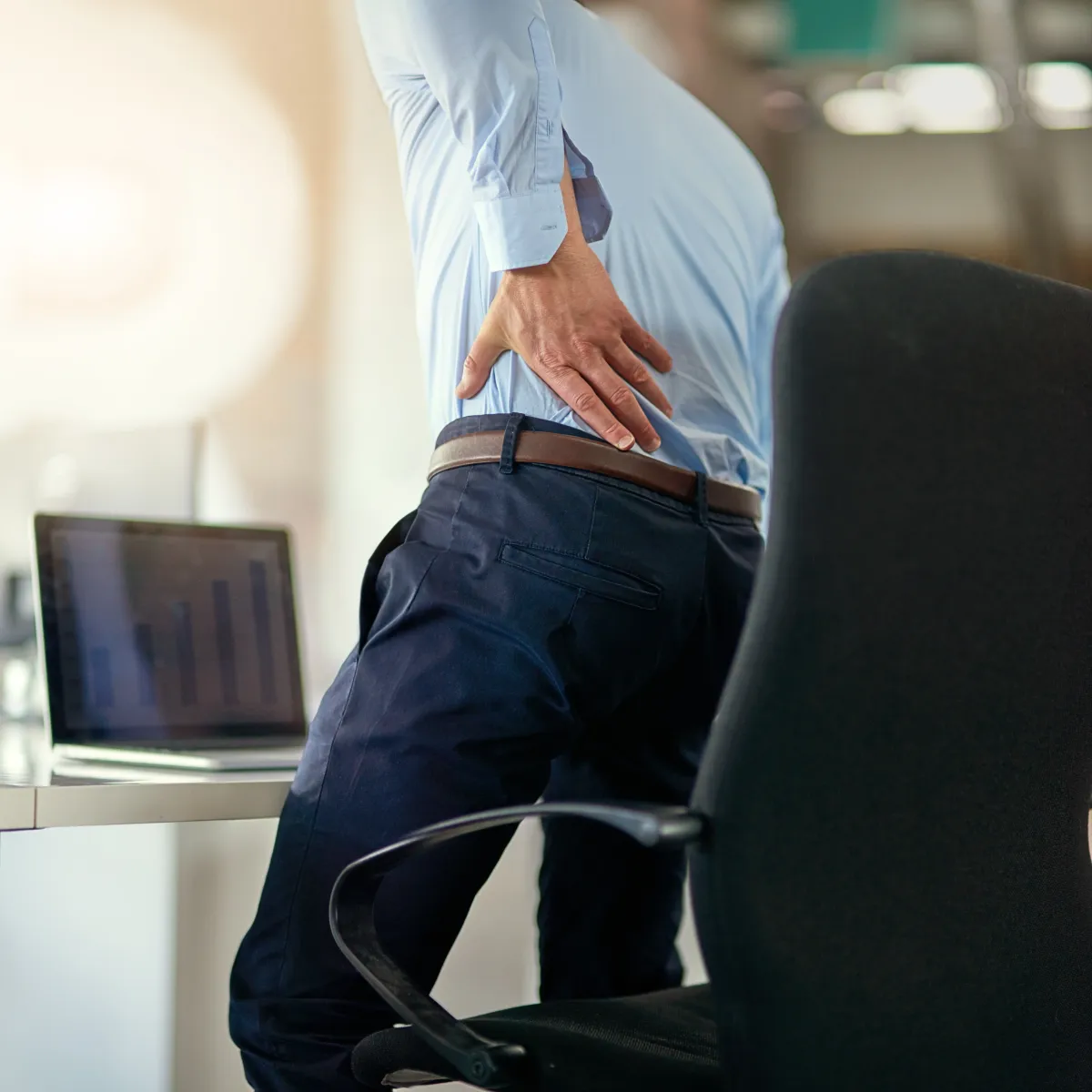Back Pain: Gut Health
Back pain, often caused by strain, injury, or spine conditions, varies in severity and is managed through medication, therapy, lifestyle changes, and alternative treatments.

Back pain, often caused by strain, injury, or spine conditions, varies in severity and is managed through medication, therapy, lifestyle changes, and alternative treatments.
